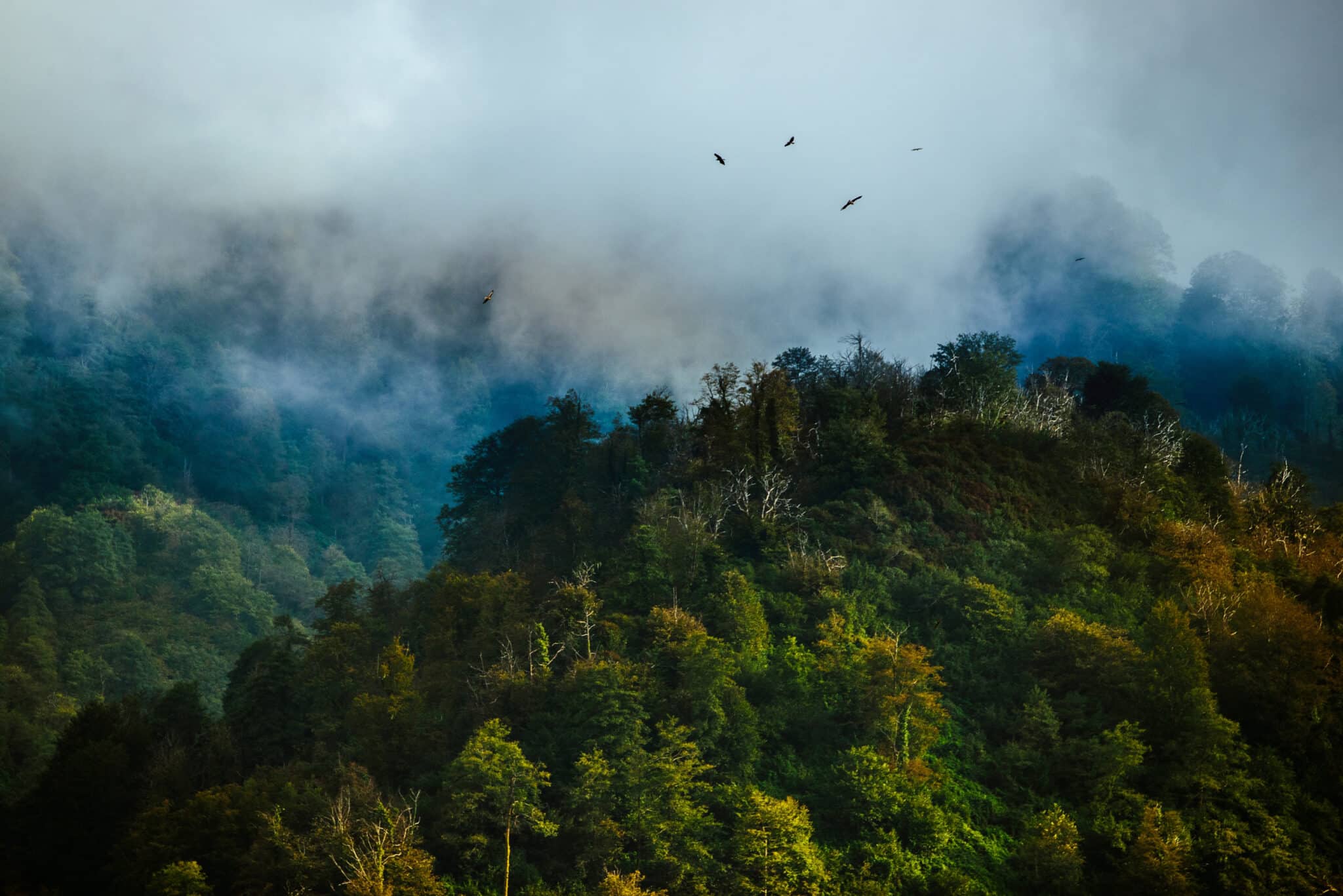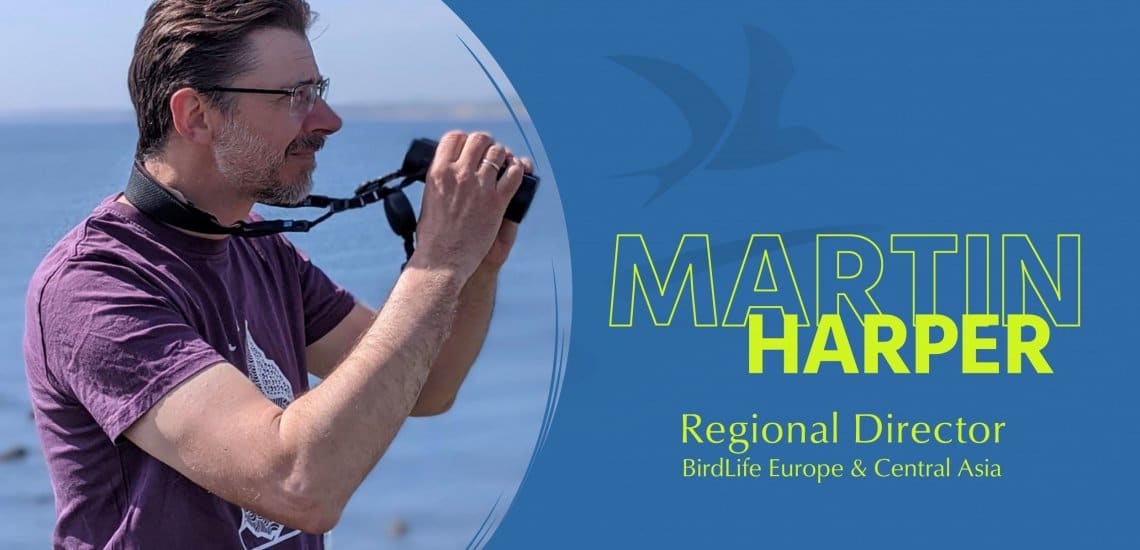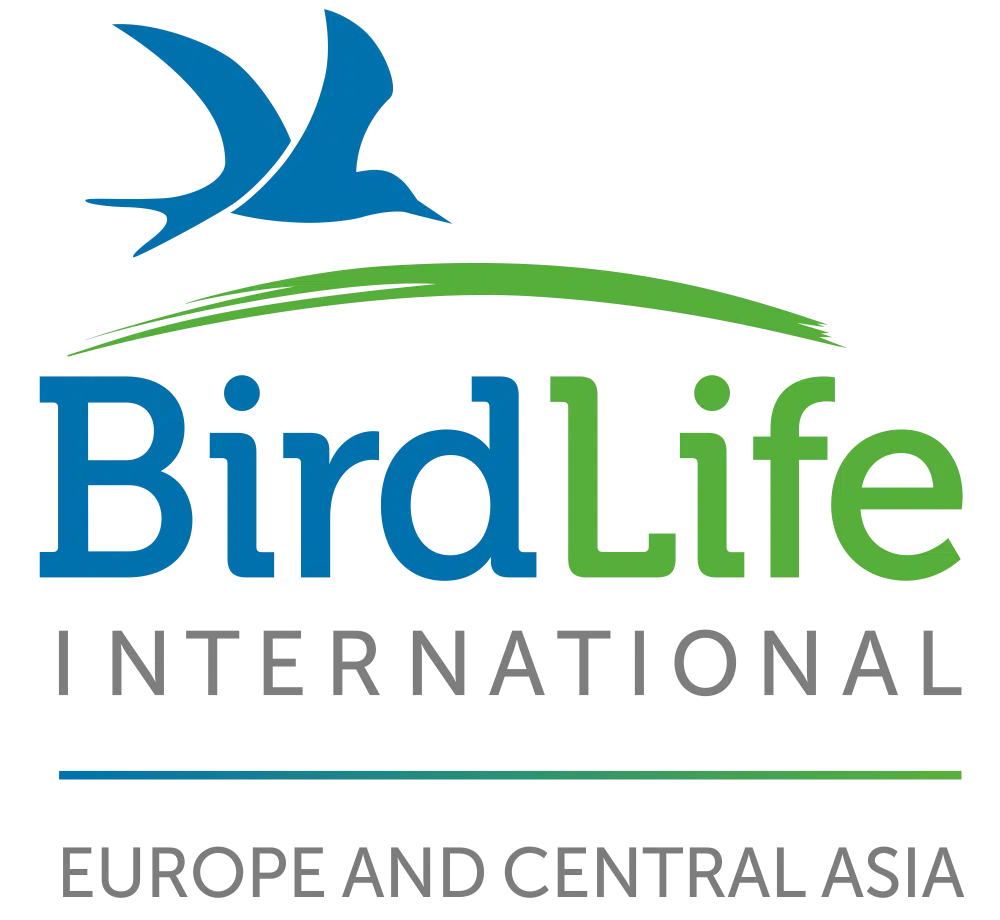How to make more wildlife come back
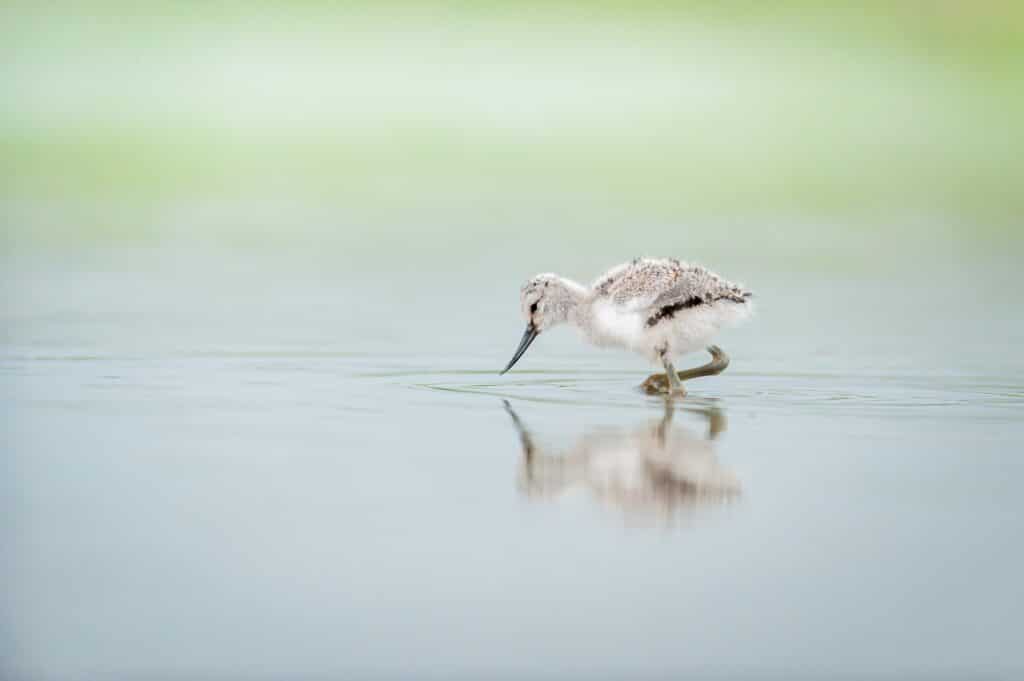
Last week saw the publication of two important reports.
The first was our State of the World’s Birds report highlighting that one in eight of the world’s bird species (1,409 species in total) are threatened with extinction, that three billion birds are estimated to have been lost since 1970 in North America alone, and a further 600 million have been lost in the European Union since 1980. The report profiles the major pressures facing our wild bird populations including the expansion and intensification of agricultural, which affects 73% of all threatened species; unsustainable logging and forest management which affects 50%, and the climate crisis which affects 34%.
The second was our joint Wildlife Comeback report which was a collaboration between Rewilding Europe, the European Bird Census Council, ZSL and BirdLife International. This showed that despite the wider picture of decline in biodiversity across all taxa, some species are bucking the trend and bouncing back. The report profiled 50 species (including European Bison, Dalmatian Pelican, Black Stork and Griffon Vulture) which have all seen their populations recover. By understanding the main reasons for their recovery, it is possible to generate a recipe for future success: improved species protection, habitat protection and restoration, conservation action over many, many years all underpinned by sound laws, long term funding and brilliant people.
These conservation successes are to be celebrated. They give us confidence that we can achieve a whole lot more over the coming years.
Yet, we should also be under no illusion that this is going to be easy because, as demonstrated by the State of the World’s Birds report, these success stories are set against a backdrop of decline and we know that things are set to get more challenging: with a growing world population and exploding consumption, especially among the better of more, the pressures on wildlife continue to grow, threatening even more species unless we radically transform our food, energy and industrial systems while also protecting and bolstering existing wildlife laws.
While the EU Commission has proposed a world-leading Nature Restoration Law (including an obligation for 20% of land and sea to be subject to restoration action) for which we campaigned so hard, I fear that many national governments across our continent want to either slam on the brakes or worse go into reverse. For example, some national agriculture ministers across the EU are trying hard to kill the existing Farm to Fork Strategy while in England the Government is threatening to scrap regulations to protect wildlife.
Much of the last decade was spent fighting misguided and short-term interventions by politicians across our continent prepared to dispense with crucial protections for wildlife in pursuit of the economic growth that they were failing to deliver. It appears that despite evidence showing that the wildlife laws were working and that, shock horror, people like wildlife and want more of it, when things get difficult, politicians continue to be prepared to throw wildlife laws under the bus.
While civil society will continue to roll up its sleeves to recover our threatened wildlife, we shall also have to continue to use our voices to protect what we have – including vital wildlife laws and funding – while also arguing for greater transformation of our economy.
The European Green Deal is the right attempt at such a radical transformation. Not only do we need it to be successful, but we also need other governments across our continent and around the world to be equally ambitious.
That is why when the 117 national BirdLife Partners from across the world came together to celebrate our centenary in Cambridge last month, we agreed a new strategy which not only outlines action to conserve species and sites, but also to take action to mobilise society to help transform the economic system so that our growing prosperity is no longer dependent on the exploitation of the natural world or people.
We intend to find new ways to make it desirable for politicians to do good for nature and to demonstrate the political pain of causing harm. This is the decade to act, and we are prepared to do what it takes. We intend to show that we have the power of many.
This blog is part of a series I am writing. Do you have any thoughts on what I have written? It would be great to hear your views. Send me a tweet – my handle is @MartinBirdLife.
By Martin Harper, Regional Director of BirdLife Europe & Central Asia
More from Martin’s blog
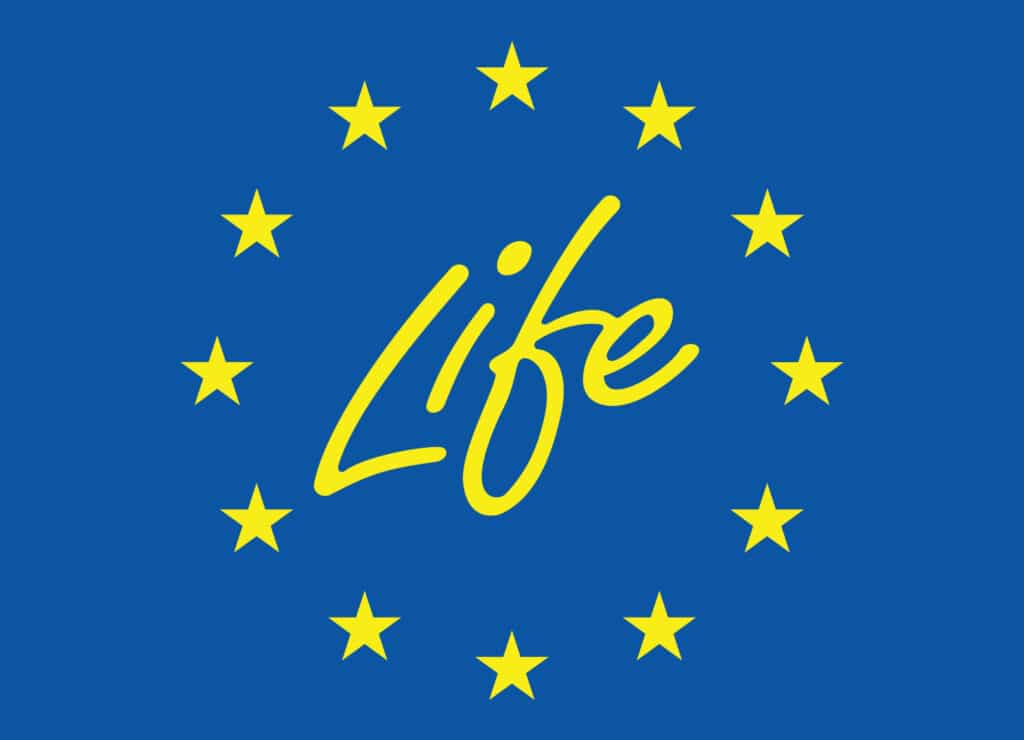 | Stichting BirdLife Europe gratefully acknowledges financial support from the European Commission. All content and opinions expressed on these pages are solely those of Stichting BirdLife Europe. The European Commission is not responsible for any use that may be made of the information it contains. |
